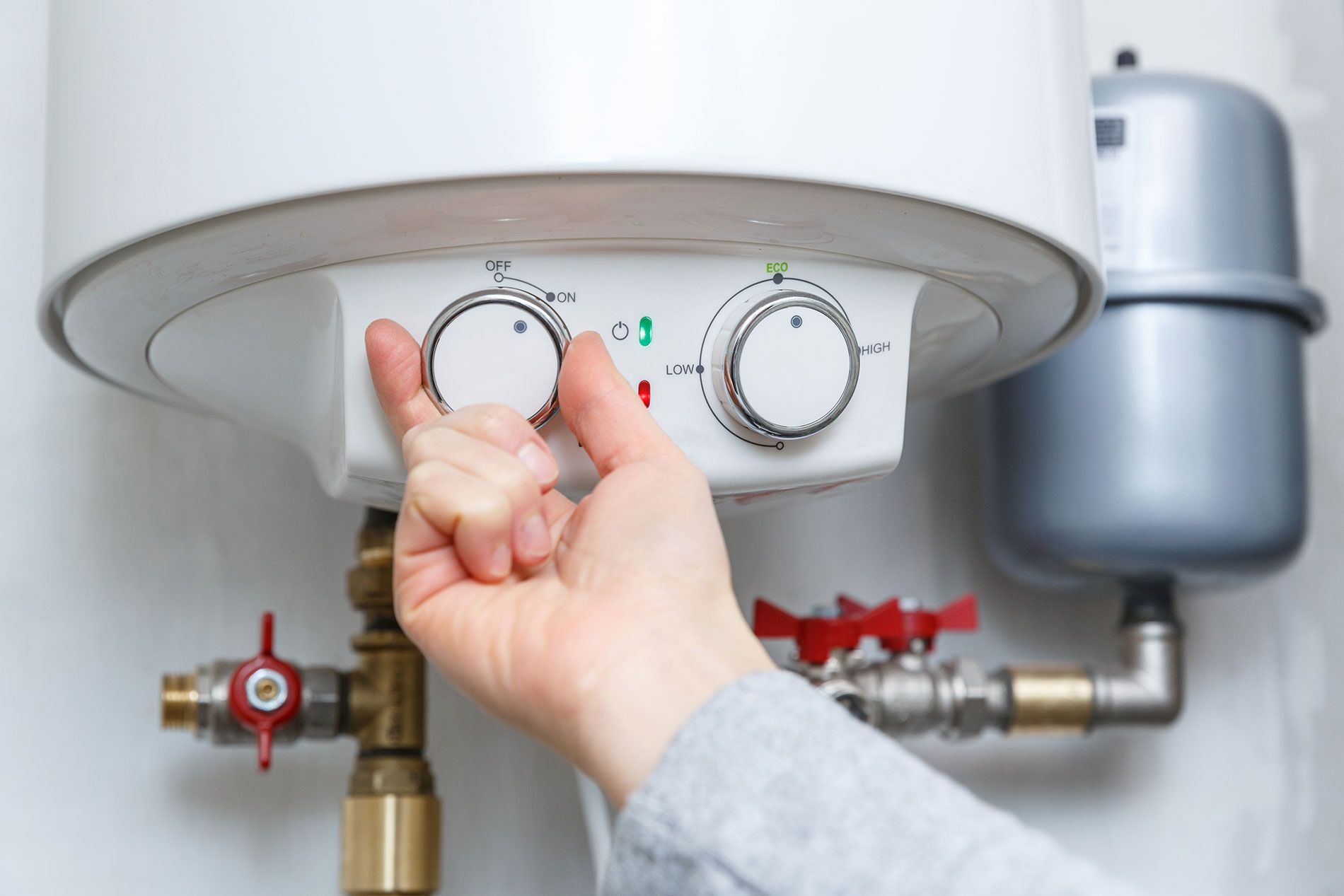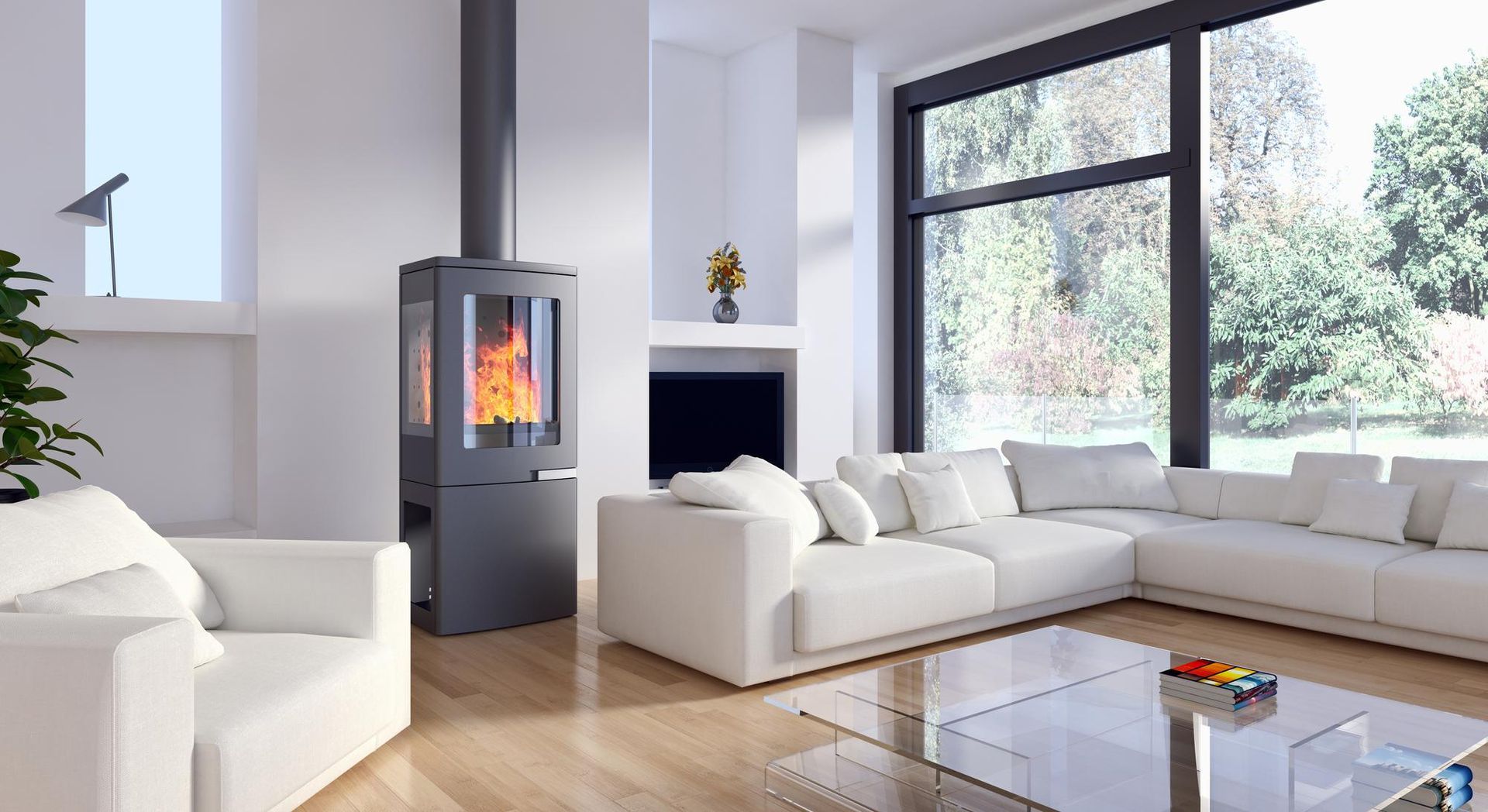Heat Pump for House: Your Complete Home Comfort Solution
January 10, 2024
Are you looking for an efficient way to keep your home cozy in winter and cool in summer? The heat pump for the house is the answer you've been searching for. This innovative technology isn't just a trend; it's a versatile, eco-friendly solution that's transforming home comfort across the globe. In this comprehensive guide, we'll delve into what a heat pump is, its various types, and why it could be the game-changer your home needs.
What is a Heat Pump?
At its core, a heat pump for a house is a device that transfers heat from one place to another, using a small amount of energy. It's a bit like a refrigerator, but for your entire home. In colder months, it extracts warmth from the outside air or ground and transfers it inside. When it's hot, it does the reverse, keeping your home cool and comfortable. Unlike traditional heating systems that generate heat, heat pumps simply move it, making them an energy-efficient alternative for your home.
Types of Heat Pumps
Choosing the right type of heat pump for a house is crucial for achieving maximum efficiency and comfort. Each type has unique features and is best suited for specific conditions and environments.
Air Source Heat Pumps (ASHPs):
These are the most common type of heat pumps found in homes. They work by extracting heat from the outside air, even in colder temperatures, and transferring it indoors. In the summer, they reverse the process, acting like an air conditioner by removing heat from your house. Their popularity stems from their cost-effectiveness and ease of installation. Modern ASHPs are designed to be effective even in temperatures as low as -15°C, making them a viable option for many climates.
Ground Source Heat Pumps (GSHPs) or Geothermal Heat Pumps:
These systems utilize the stable temperature of the ground to heat and cool your home. A series of pipes, known as a ground loop, is buried in your garden, and a mixture of water and antifreeze circulates through these pipes. The ground loop absorbs heat from the ground in winter for heating and expels heat from your home back into the ground in summer for cooling. GSHPs are more expensive to install due to the need for ground works, but they are incredibly efficient and can lead to greater long-term savings.
Water Source Heat Pumps:
Similar in principle to GSHPs, these heat pumps use a nearby water source, like a lake or well, as the heat exchange medium. They are ideal for properties located near a water source and can be extremely efficient due to the consistent temperatures of water bodies. However, they require access to a suitable water source and may involve more complex installation and environmental considerations.
Hybrid Systems:
These systems combine a heat pump with another form of heating technology, often a gas or oil boiler. The system intelligently switches between the heat pump and the boiler, depending on which is the most efficient source at a given time. This can be particularly beneficial in extremely cold weather when a heat pump might be less efficient. Hybrid systems offer a balance of efficiency and reliability, especially in areas with varying climate conditions.
Ductless Mini-Split Heat Pumps:
Ideal for homes without ductwork, these systems consist of an outdoor unit and one or more indoor units that provide heating and cooling to specific areas of the house. They are easy to install, energy-efficient, and allow for zoned heating and cooling, giving you control over the temperature in different rooms.
Absorption Heat Pumps:
A less common type, absorption heat pumps are typically powered by natural gas, solar-heated water, or geothermally heated water. They are more frequently used in industrial or commercial settings but can be adapted for large residential homes. They operate on the principle of absorbing and then releasing heat, offering an alternative for homes where electricity is expensive or not readily available.
Each of these types of heat pumps offers distinct advantages and may be more suitable for different housing situations and climatic conditions. When considering a heat pump for house, it's important to consult with a heating and cooling professional who can assess your specific needs and recommend the most appropriate type of system.
Benefits of Using a Heat Pump
Choosing a heat pump for a house comes with numerous advantages, making it a smart choice for homeowners who are looking for an efficient, sustainable, and versatile home heating and cooling solution.
- Energy Efficiency: One of the most significant benefits of heat pumps is their energy efficiency. Unlike traditional heating systems that burn fuel to create heat, heat pumps simply transfer heat to and from the outside air or ground. This process requires significantly less electricity, making heat pumps one of the most energy-efficient home heating and cooling technologies available. This efficiency translates into lower energy bills, providing substantial cost savings over the life of the system.
- Environmental Friendliness: Heat pumps have a smaller carbon footprint compared to conventional heating systems. Since they rely on electricity and utilize the natural heat from the air or ground, they emit fewer greenhouse gases. This is particularly impactful if the electricity used is sourced from renewable energies like wind or solar power. By choosing a heat pump, homeowners are making a more environmentally responsible choice, contributing to the reduction of global carbon emissions.
- Cost-Effective: While the initial installation cost of a heat pump for house can be higher than traditional heating systems, the long-term savings are significant. The efficiency of heat pumps means lower monthly energy bills. Additionally, many governments offer incentives, rebates, or tax credits for installing energy-efficient systems like heat pumps, further offsetting the initial expense.
- Dual Functionality: Heat pumps are incredibly versatile, providing both heating and cooling solutions in one system. This dual functionality means you don’t need separate heating and air conditioning systems, saving space and reducing installation and maintenance costs. It also simplifies the control of your home’s climate, making it easier to keep your living environment comfortable year-round.
- Improved Air Quality: Heat pumps contribute to better indoor air quality. They are equipped with filters that reduce the presence of dust, pollen, and other allergens in the air. This feature is especially beneficial for people with allergies or respiratory issues. Regular maintenance, including filter cleaning or replacement, ensures the system continues to improve the air quality in your home.
- Quiet Operation: Modern heat pumps operate quietly, with lower noise levels compared to traditional heating and cooling systems. This makes them more comfortable to use, especially in residential areas where noise pollution is a concern.
- Safety: Heat pumps are safer than combustion-based heating systems. They don’t burn fuel to generate heat, reducing the risks associated with gas leaks, carbon monoxide poisoning, and fires. This safety aspect makes them a preferable choice for many homeowners, particularly those with young children or pets.
- Longevity and Reliability: With proper maintenance, heat pumps are durable and reliable. They typically have a longer lifespan than conventional heating and cooling systems, often lasting 15 years or more. This longevity, combined with their efficiency and lower operational costs, makes them an excellent investment for long-term home comfort.
Considerations Before Installation
Before you decide on a heat pump for your house, there are several important considerations. The suitability of your home is paramount. Factors like your local climate, the insulation quality of your home, and the space available for installation all play crucial roles in determining the right system for you. It's also vital to choose the correct size and type of heat pump, as an improperly sized unit can lead to inefficiency and increased costs. Budgeting is another essential aspect. While the initial cost might be higher than traditional systems, the long-term savings in energy bills are significant. Lastly, understanding the installation process is important. It's a task best left to professionals, as correct installation is key to the system's efficiency and longevity.
Maintenance and Care of Heat Pumps
Owning a heat pump for a house means committing to regular maintenance to ensure it operates at peak efficiency. Simple steps like regularly cleaning or changing filters, keeping the outdoor unit free from debris, and checking the system for any unusual noises or smells can go a long way. However, it's crucial to recognize when professional help is needed. Experts can address more complex issues and perform annual check-ups to keep your system running smoothly.
Incentives and Rebates
One of the perks of installing a heat pump
for houses is the potential to benefit from government incentives and rebates. Many regions offer financial assistance, tax credits, or rebates to encourage the adoption of energy-efficient technologies like heat pumps. These incentives not only reduce the initial cost but also promote a greener, more sustainable approach to home heating and cooling.
Case Studies and Testimonials
Real-life success stories often speak louder than technical descriptions. Homeowners who have switched to a heat pump for their house frequently report significant improvements in comfort and noticeable reductions in energy bills. For instance, a family in a temperate climate might share how their air source heat pump
provided consistent temperature control throughout the year, leading to a more comfortable living environment and lower energy usage. Similarly, a homeowner in a colder region could testify to the effectiveness of a geothermal system, highlighting its reliability even in the most frigid conditions.
Conclusion
The heat pump for houses stands out as a versatile, efficient, and eco-friendly solution for year-round home comfort. By understanding the different types of heat pumps, their benefits, and the considerations for installation and maintenance, homeowners can make informed decisions. Whether you're building a new home or upgrading your current heating and cooling system, a heat pump offers a forward-thinking approach to comfort and efficiency.
When considering the installation of a heat pump, it's essential to choose a reliable service provider. All Brands Heating and Cooling
is a top-rated provider known for its expertise in heat pump systems. They have three convenient locations to serve you:
- Dowagiac, MI: For residents in and around Dowagiac, you can reach them at (269) 782-8900 for expert advice and installation services.
- Kalamazoo, MI: If you're located in Kalamazoo, their team can be contacted at (269)-251-8102, offering professional and timely service.
- Portage, MI: For those in Portage, All Brands Heating and Cooling is available at (269) 343-8668, ready to assist with your heating and cooling needs.
With All Brands Heating and Cooling, you're assured of receiving top-notch service from experienced professionals who can help you select and install the perfect heat pump for your home. They also offer comprehensive maintenance and support, ensuring your system operates efficiently for years to come.


